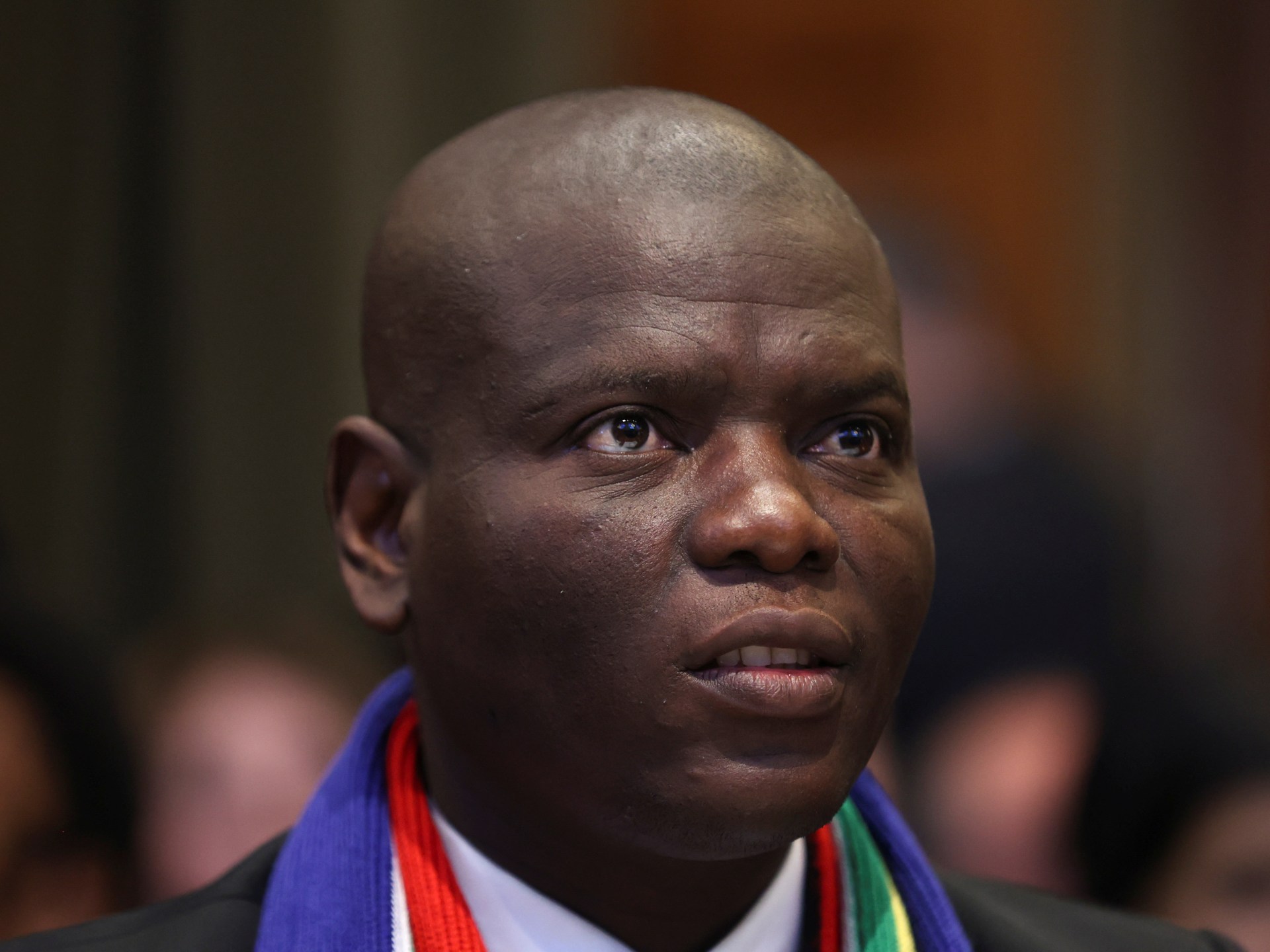Finding a dentist in the United Kingdom who charges the general rate has become an almost impossible task and a “nightmare” for many Britons, which leaves some of them with no choice but to resort to the private sector if they are able to afford it, while others prefer to forego medical care until If it was necessary.
Similar to the major crisis affecting Britain’s public health system (NHS), a large number of dentists are abandoning this public system in favor of private care institutions, which are much more profitable and more expensive.
Labor MP Ashley Dalton said she was disappointed in early… January/January to Parliament: “In 2024, it will be easier to buy a ticket to a Taylor Swift concert than to get an appointment with an NHS-contracted dentist.”
The British show a strong attachment to the National Health Service, which allows them, regardless of their income, to receive free medical monitoring and treatment, or in the case of dental care, at low prices. But according to a study conducted by the British Dental Association in 2022, 90% of dentists are no longer accepting new patients at general prices.
A survey conducted by YouGov in March 2023 showed that one in five Britons had not registered their name in a private or public health institution.
For months, Danny White, an unemployed father, has been struggling to find a dentist for himself, his wife, who suffers from recurring abscesses, and his two daughters, one of whom has a tooth growing behind her baby teeth, and the other needs an orthodontic appliance.
White told Agence France-Presse: “It is an absolute nightmare… as we are constantly trying to get an appointment” for the youngest daughter, but the three clinics in the city “have all canceled their patients’ registration with the NHS” and are now providing private care only.
The man, who lives in Bury St Edmunds in eastern England, added: “It will cost us 400 pounds ($507), just for the first consultation (for the whole family), without any treatment,” which this family, who is already struggling to repay the car loan, cannot afford. .
Like White, thousands of Britons find themselves in dire need of treatment, while the media and social networks are full of testimonies of people who had to travel hundreds of kilometers to find a dentist, or borrowed sums of money to pay for treatment, while others talk about exploiting their presence abroad in order to… Extractions.
Mark Jones, a security consultant who launched the “Toothless in England” campaign three years ago, says: There are people who end up in the hospital due to overdoses of painkillers, and some die of blood poisoning as a result of an abscess or undiagnosed cancer in the mouth.
He explains angrily: “Some people extract their teeth themselves,” as happened during quarantine during the Covid-19 pandemic, which witnessed the growth of the phenomenon of “home dentistry.”
Service is nearing the end
Data from the Organization for Economic Co-operation and Development showed that the United Kingdom has 49 dentists per 100,000 people, which is the lowest rate among the G7 countries. But “the problem is not a shortage of dentists, but rather a shortage of dentists who choose to work in the NHS,” according to Mark Jones.
The Nuffield Trust think tank warned in a report on this topic in mid-February December/In December, NHS dental services were “nearly approaching the end of their lives”.
Gradually, a system with two divergent levels is formed; On the one hand, there are those who can afford treatment in the private sector, and on the other hand, there are members of the more modest groups who see their health deteriorating.
The head of the British Dental Association, Eddie Crouch, recognizes that the situation is “shocking”, but he blames the “lack of investment” by the state over the past ten years, as well as the cancellation of a large number of health care during the pandemic.
Crouch also points to a 2006 reform in which tariffs for dental procedures were adjusted, making them less attractive to dentists.
Currently, just over 70% of doctors provide treatment within the NHS, sometimes in very small quantities, according to a recent parliamentary report.
The Conservative government has promised a plan for a public dental system with an annual budget of nearly 3 billion pounds ($3.8 billion) for the whole of England.
Eddie Crouch believes that “above all, we need incentives to allow dentists to take on new patients”, meaning “additional reward” for complex treatments.
But there is also a need for solutions to address the “urgent need” of patients’ suffering, according to Mark Jones, who proposes developing specialized mobile dental clinics and emergency care services in hospitals.






